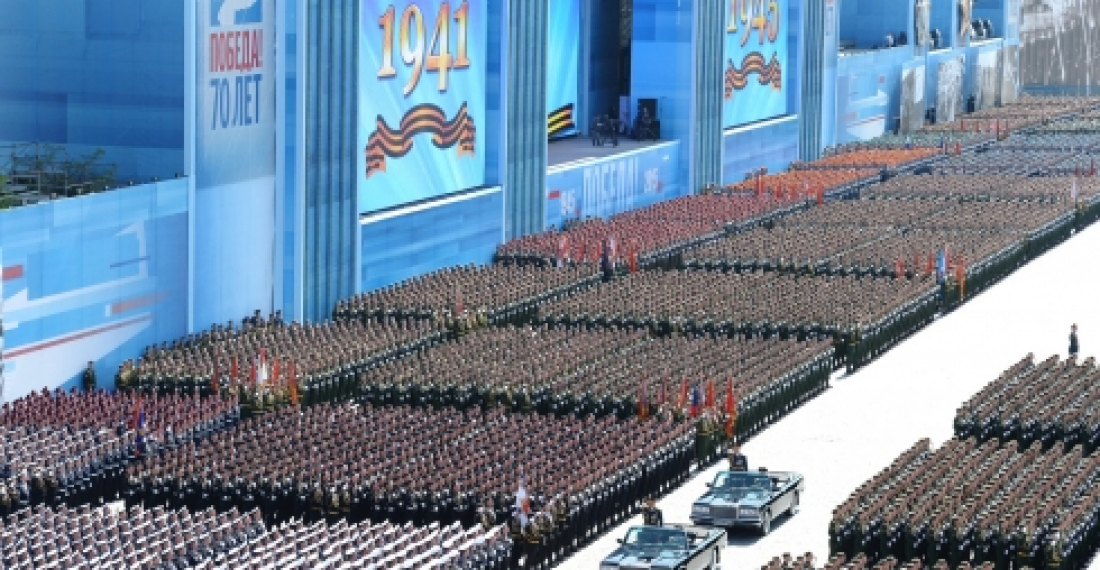Leaders across the former Soviet Union today mark ‘Victory Day’, when Soviet forces finally beat Nazi Germany in 1945 after five years of total war.
Authorities in the self-declared Nagorno-Karabakh republic decided to hold smaller celebrations than usual this May 9, because of mourning following recent fierce clashes between Armenia and Azerbaijan.
"Traditionally we celebrate this day on a large scale but this year the events will be specific without concerts, fireworks and salutes, a decision was made to refran from such entertainment programs,” David Babayan, a Nagorno-Karabakh spokesman, told ArmInfo.
“During the April aggression our soldiers, officers heroically gave their lives defending the Homeland and as 40 days have not passed yet we will hold only a parade.”
Ilham Aliyev, Azerbaijan’s president, is attending a parade in Baku today. In a message addressed to the leaders of the other 14 former Soviet republics, Russian president Vladimir Putin urged other countries to prevent the distortion of shared history, and look after veterans.
"Victory Day is a sacred holiday that will forever remain a symbol of heroism and unity of peoples, who defended their homeland in bloody battles and saved the world from fascism," he said in a statement on Sunday.
Armenian president Serzh Sargysan used his congratulatory message to draw parallels with the conflict over Karabakh. May 9 1992 was the date when Shushi, or Shusha to Azerbaijanis, was retaken by Armenian forces.
“For us, the liberation of Shushi was the matter of life and death; on May 9 we repeated the heroic act of our fathers and grandfathers and changed the course of the war,” he said.
Across the Soviet Union, the day will be marked by military parades and other commemorative events attended by the few surviving veterans.
Victory in Europe Day is marked one day earlier, on May 8. The western surrender was signed in Reims, France, on May 8, but the surrender accepted by the Soviets was signed in Berlin late on May 8, which was May 9 in Moscow time.
SOURCE: commonspace.eu and agencies
PHOTO: a Victory Day parade in Moscow in 2015







